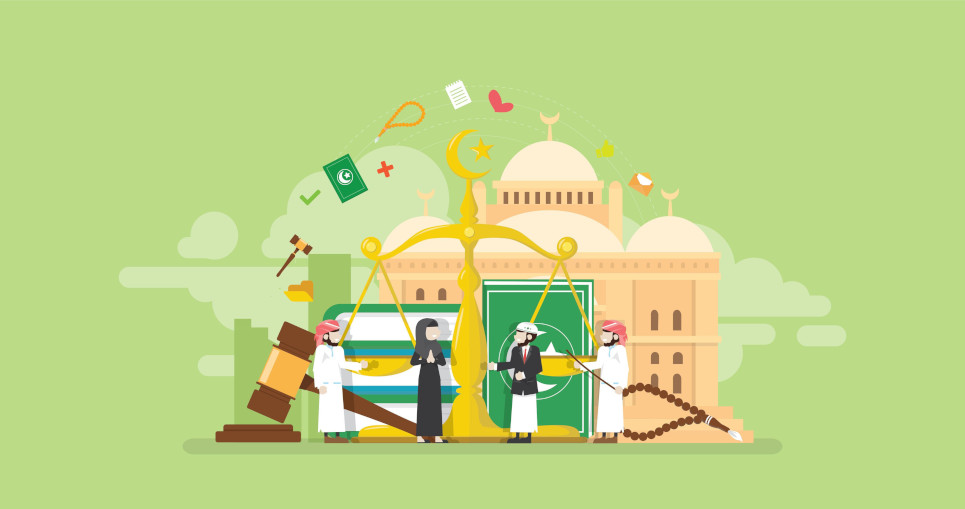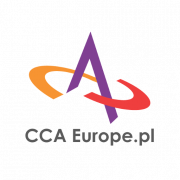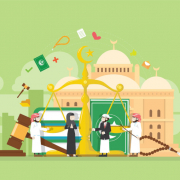ISO 20022 in Islamic banking: halal or not?

Is islamic finance an ethical and fair alternative to modern banking, or is it an incomprehensible parallel world of finance? Regardless of where you come from, the Islamic finance system is part of cross border banking. As such, it needs to get ready to migrate to ISO 20022.
The history of the Islamic finance system may not be long, yet it certainly is a success story. The idea dates back to the late 1960s “when decolonization and the creation of new states with a majority Muslim population led to the foundation of the Islamic banking industry”. This fueled the need for religiously acceptable financial services available to Muslim communities, operated by acknowledged financial institutions. Islamic banking industry now represents USD 2.4 trillion assets around the world, according to the Islamic Financial Services Industry Stability Report 2020. Its offer is not confined to Muslim investors, though. It started targeting non-Muslim clients in the 1990s with Islamic financial companies launching operations in Western countries.
Islamic financial system explained
So, how is the Islamic Banking different from the Western one? Think of it as a form of modern banking, just strictly based on Islamic legal concepts (the sharia law). A typical commercial bank puts all the pressure on the borrower: repaying a loan at an agreed interest regardless of whether or not his/her venture is eventually a success. On the other hand, a typical Islamic bank does not act as a creditor since it opts to share profits and risks in a business with the depositor, bank and borrower. In short, all parties involved share the risks and rewards of a business venture.
There are five key requirements a sharia-compliant financial institutions must follow:
- no interest is allowed,
- excessive risk and uncertainty are prohibited,
- any unlawful commodities and services are prohibited,
- profit and loss are shared between all parties,
- every transaction requires an underlying asset otherwise is void (it could be a fixed asset or a financial asset).
Challenges voiced by managers of financial institutions
According to Global Islamic Bankers’ Survey 2019, “technology-related risks are still a frontrunner when it comes to banks’ perceived risks”. The respondents understood the technology-driven challenges for islamic banks and were working on the appropriate solutions. Islamic financial institutions would address these challenges by developing new digital platforms, recruiting more IT personnel, cooperating with and providing incubation to fintechs or building ideas for digitalization strategies.
Some banks already boasted their successes: Malaysia’s Bank Islam multi-year digitization program triggered an 80% y-o-y growth in internet banking related fee income, a 25% y-o-y growth in the number of users (up to 1.2 million) and a 133% growth in online transactions in 2018. Several respondents quoted increased focus on encouraging consumers to use digital products and services.
ISO 20022: major changes ahead!
Since Islamic banking is clearly part of the global financial system, it must comply with industry-wide standards and those set by central banks, including the adoption of ISO 20022. What the Islamic banks may find interesting is that the new messaging format standardizes non-Latin alphabets. This might be a game-changer for international payments and payment services originating in Arabic-speaking communities. The functionality introduced by ISO 20022 was widely explored in China and should be welcomed by the Islamic Financial Services Board, one of two standard setting bodies for Islamic finance.
Streamlined conversion is a must for non-standard Islamic banking messages. Muslim financial institutions face the task of finding an efficient and cost-effective way to make their systems work well with the global banking standard – ISO 20022. The solution is on the table – converters that work with the most popular banking application servers and relational database management systems. They will ‘unpack’ a message consisting of an „old” and a „new format”. The messages are properly separated and matched using business rules. And that’s it. This is how Payres – our proprietary tool – works.
Payres eliminates the need to expedite the replacement of core systems with new elements, to enable international large-format payments in accordance with XML ISO 20022. Our XML message converter does not reduce the efficiency and flexibility of the banking architecture. It is cost-effective and requires no complicated implementation process. Payres can work with the most popular banking application servers and relational database management systems. It can be implemented as a standalone module or be part of a comprehensive open banking solution.
Finding the right solution for ISO 20022 transition
Clock is ticking, but as much as ISO 20022-related changes are inevitable, they can be done at your own pace. Moreover, a period of ‘childhood diseases’ of the new format can be avoided. Payres is an ideal solution for banks and large organizations that are required to maintain the efficient conversion of messages in the SWIFT MT/MX format, especially that the entire ISO 20022 messaging system will be considerably improved during the transition period, which could impose additional time pressure on so-called early adopters of ISO 20022.
With Payres, you can comfortably embrace the new standard that will kick-off in November 2022. It is an independent proprietary application enabling parallel message conversion between MT and MX formats for SWIFT, SORBNET2 and TARGET2 systems. It supports back office systems that do not support the new XML ISO 20022 standard or do so only partially. Our solution facilitates automation of payments, operations and orders.
If your bank operates in the Islamic financial ecosystem, our dedicated expert is ready to talk you through the streamlined ISO 20022 implementation process. See what benefits you can reap for your organization using the latest technology. Let’s talk!

